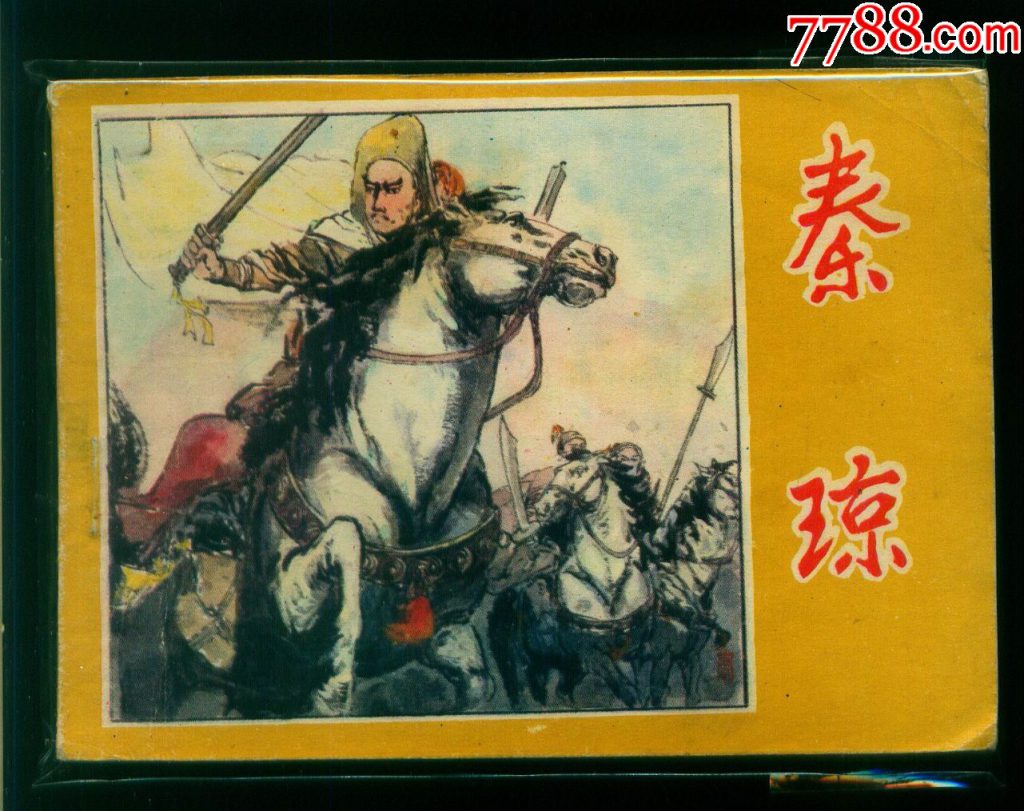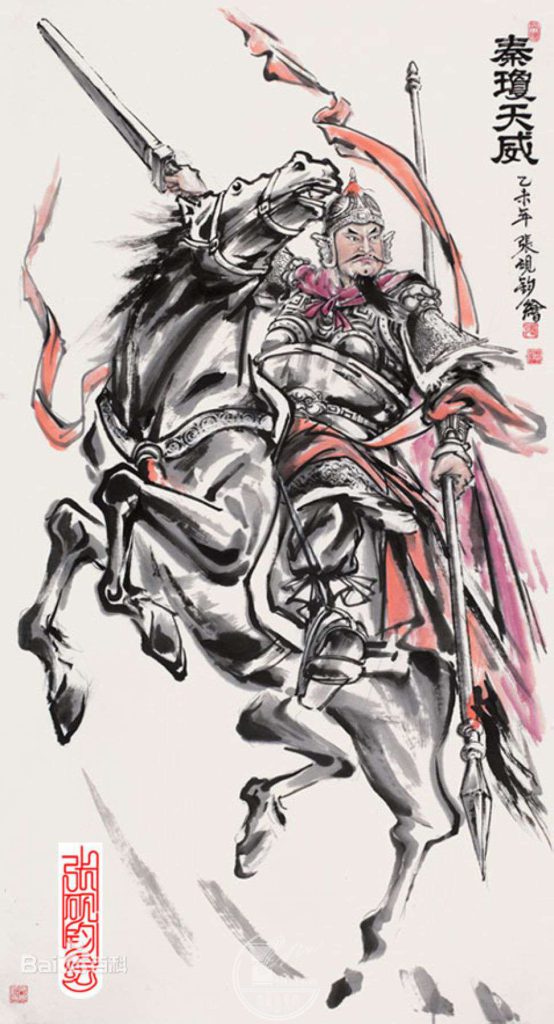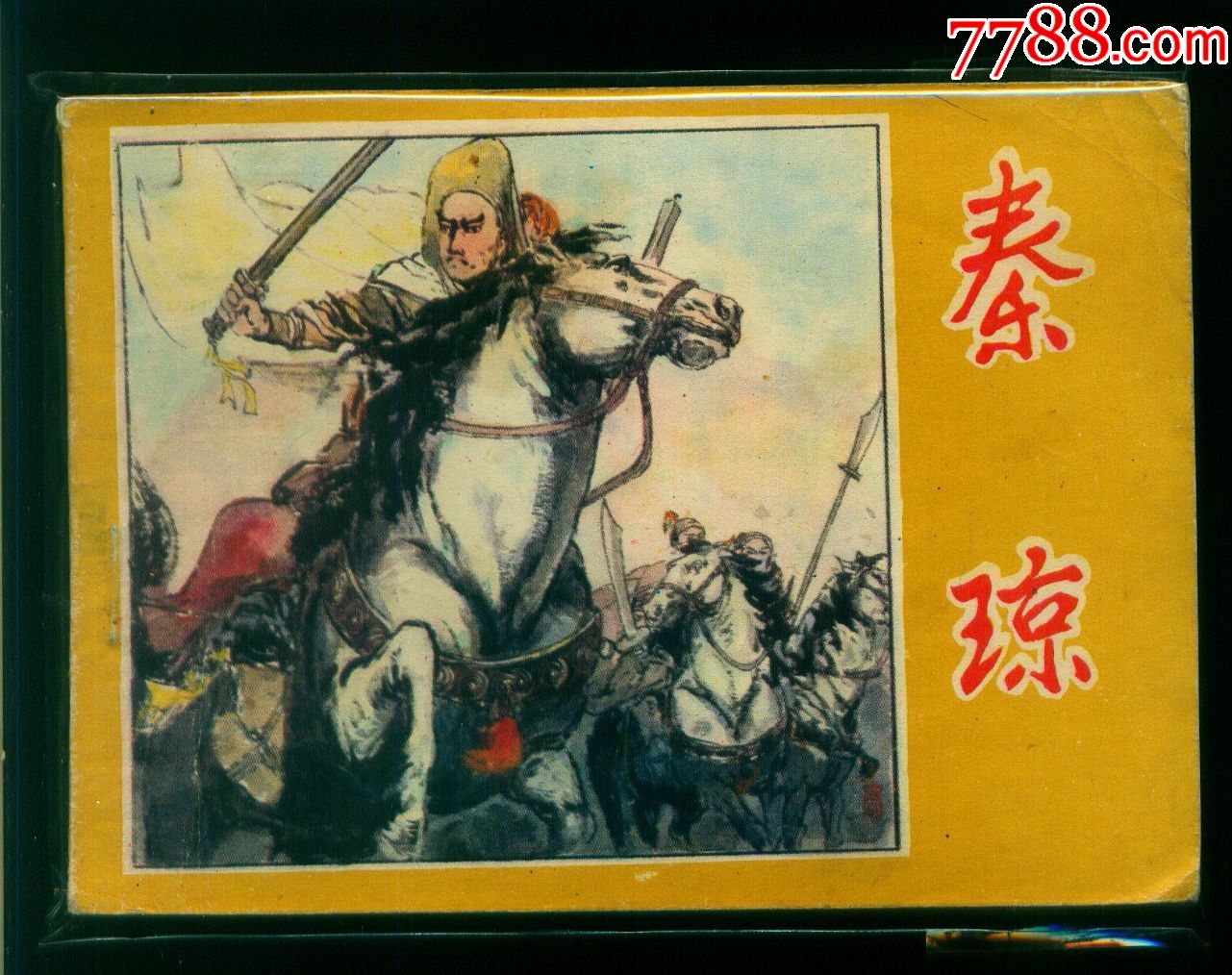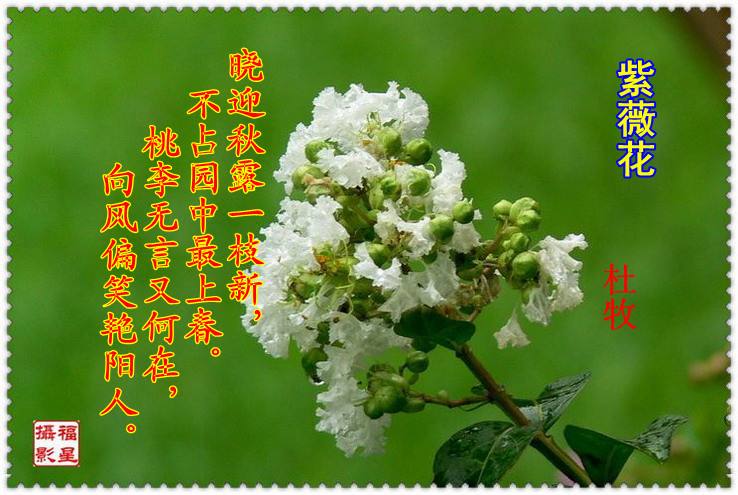Wang Wei was a famous poet of the Tang Dynasty. At the age of 20, he was renowned in the capital city of Chang’an for his talent and began his official career by passing the imperial examination the following year (721 AD, the ninth year of the Kaiyuan era).

Wang Wei left behind a large number of beautiful poems throughout his life, such as the timeless famous lines that we are familiar with: “The vast desert is shrouded in smoke, the long river is filled with Japanese yen”, “The bright moon shines among the pine trees, clear springs and rocks flow up”, “The empty mountains are deserted, but we hear the sound of people’s voices”, and so on.
With these poems, Wang Wei’s fame at that time can be said to be on par with the “Poet Immortal” Li Bai. The “Poet Saint” Du Fu was born a few years later than them, and most of his poems were created after the outbreak of the “An Lushan Rebellion” that changed the fate of the Tang Dynasty. He also wrote many poems that reflected on the difficulties of national affairs and people’s livelihoods.
Similarly, in Wang Wei’s later years, he also encountered the “An Lushan Rebellion” and even briefly served as an official in the rebel army of An Lushan. At that time, Wang Wei performed a seven character quatrain among the rebels. After suppressing the rebellion, Wang Wei even escaped punishment with this poem.

In the winter of the 14th year of Tianbao (755 AD), An Lushan, who was also the military governor of Fanyang, Pinglu, and Hedong towns, launched a rebellion. In June of the following year, the An Lushan rebels captured Tongguan and subsequently invaded the capital of the Tang Dynasty, Chang’an.
Before the fall of Chang’an City, Emperor Xuanzong of Tang secretly fled Chang’an, bringing only Yang Guifei and a few close courtiers such as the imperial family and Gao Lishi. When the officials went to court, they learned that the Emperor of the Tang Dynasty had fled, and the capital was in chaos for a while.
Wang Wei was serving as a government official in the capital at that time. Like other officials who did not have time to escape Chang’an, he was captured by the rebels after the city was destroyed.
Due to the great reputation of Wang Wei’s poetry at that time, An Lushan sent someone to specially welcome Wang Wei to Luoyang and forcefully appointed him as the official in charge of his previous position.
At first, Wang Wei swallowed laxatives and pretended to be mute to show that he could not take on a false position, but in the end, he was unable to achieve his goal.
After successively occupying Luoyang and Chang’an, An Lushan captured hundreds of pear garden disciples trained by Emperor Xuanzong of Tang. An Lushan often held grand banquets with his subordinates at the Ningbi Pool in Luoyang. During the meal, he ordered the disciples of the pear orchard to come out and perform for them.
The disciples of the Pear Garden were grateful for the past emperor’s grace and did not sigh deeply. Instead, they burst into tears, and the bandits threatened them with knives, saying that anyone who dared to shed tears would be beheaded.
There was a musician named Lei Haiqing who threw his instrument to the ground in anger and wept to the west. An Lushan ordered Lei Haiqing to be tortured with dismemberment.
The rebellion of An Lushan was so brutal that those who heard about it at the time were all saddened. After hearing this, Wang Wei recited a poem called “Seven Wonders”:
Listening to the Rebel’s Pleasure at Ningbi Pool
Thousands of households are heartbroken and smoke in the wild, when will officials rise to the sky again?
Autumn locust leaves fall into the empty palace, and the sound of the orchestra plays at the head of the Ningbi Pool.
Wang Wei’s poem expressing the pain of the downfall of the country and longing for the court was widely circulated during the occupation of Luoyang by An Lushan, and everyone is familiar with this poem.
In September and October of the second year of the Zhide reign of Emperor Suzong of Tang (757 AD), the Tang army successively recaptured Chang’an and Luoyang. Wang Wei and other officials who had fallen into rebellion were imprisoned and later taken to Chang’an. These officials who have previously held false positions should be executed according to the law.
However, the poem “Ningbi Pool” written by Wang Weiyin when he was captured was widely recited by thousands of people at that time. Everyone believed that a poet who could create such a poem to resist the rebels and miss the court would not truly succumb to the rebels.
At the same time, due to the meritorious service of Wang Jin, the younger brother of Wang Wei and a deputy minister of the Ministry of Justice, who followed Tang Suzong’s exile regime, he requested to have his official position removed to atone for his brother’s sins. In the end, Wang Wei was not executed, but only demoted to the position of Crown Prince Zhongyun.



